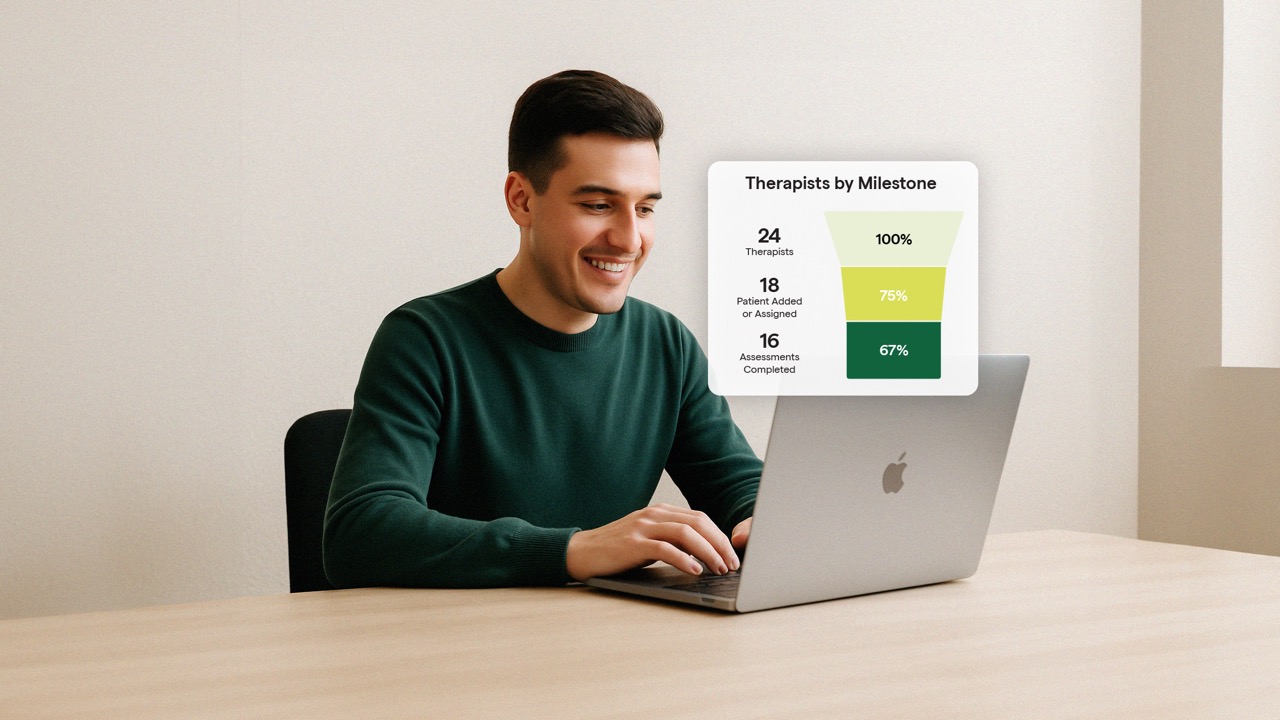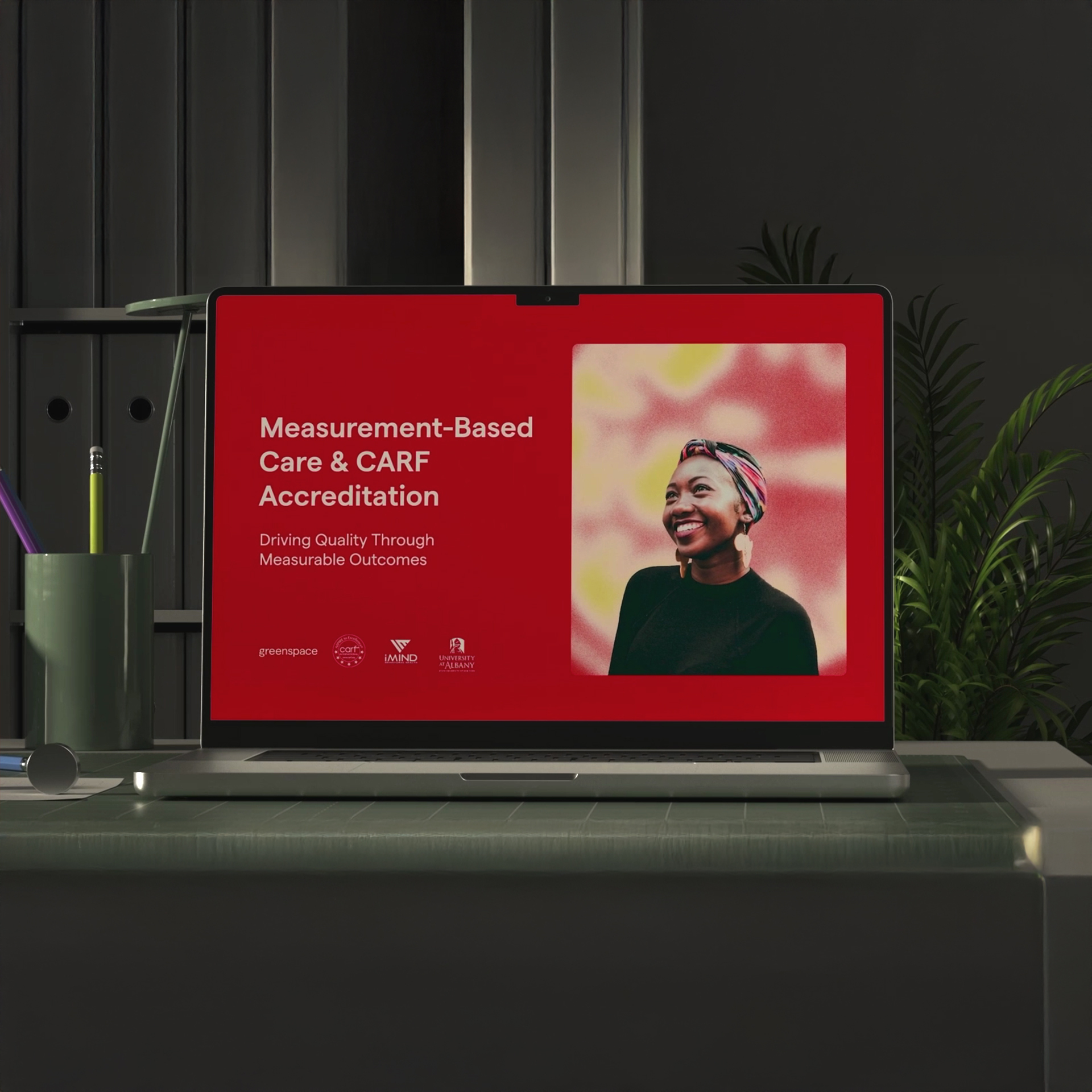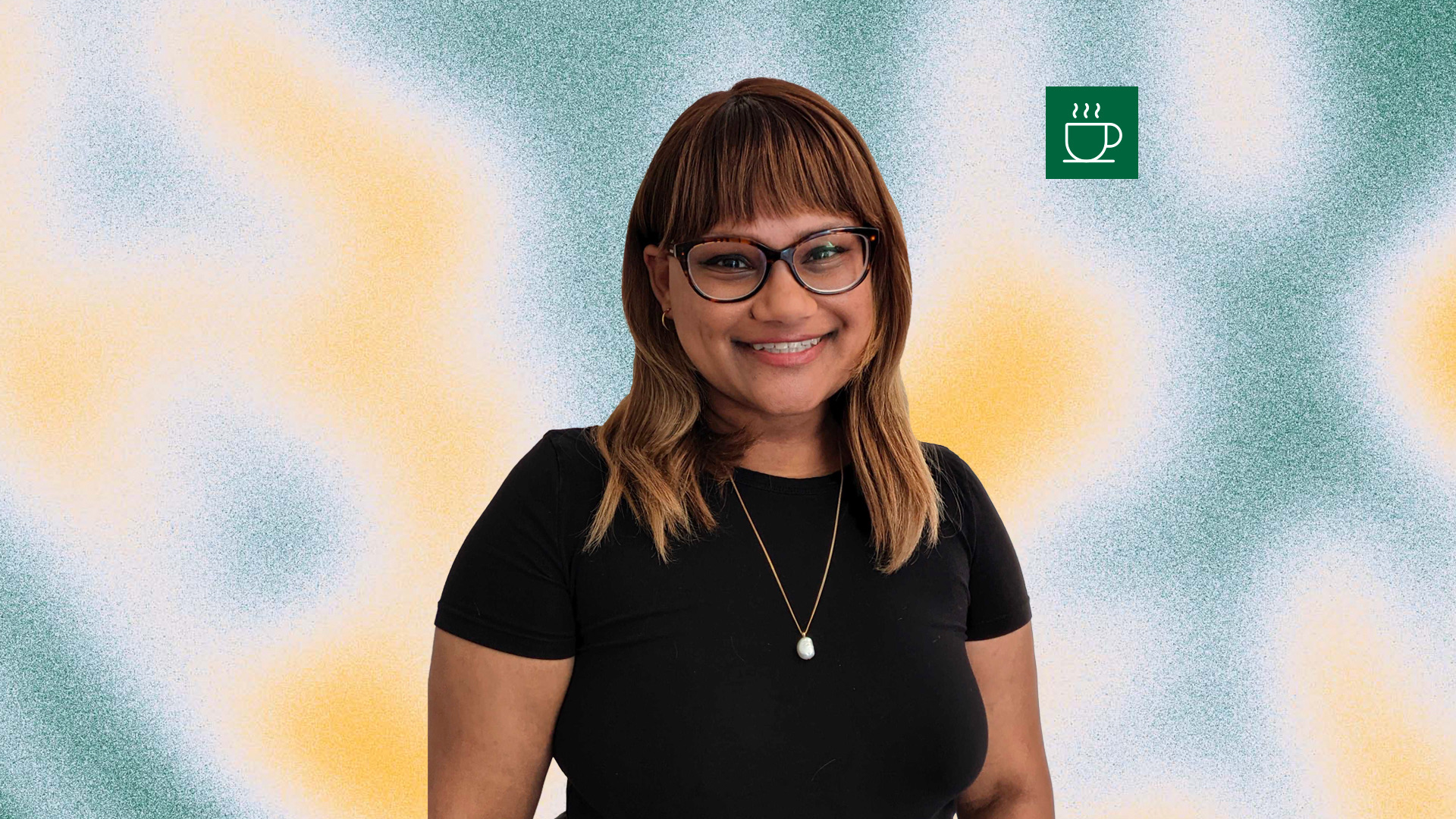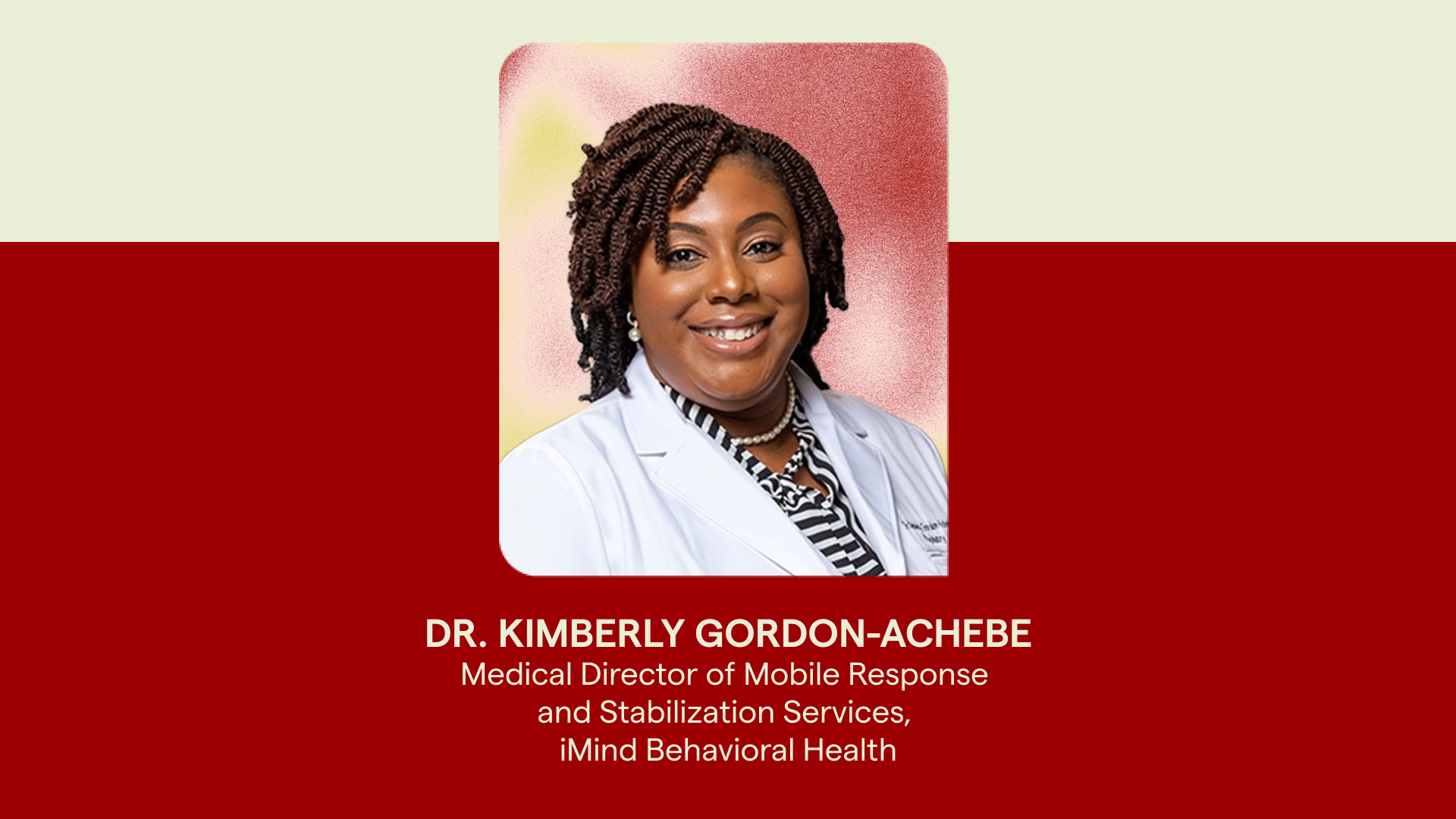
If you’ve been following Greenspace, you are likely familiar with the upcoming guests of our next educational webinar: the four founding members of the Yale Measurement-Based Care Collaborative (YMBCC)! We launched an educational MBC partnership with the YMBCC back in 2022 and are excited to bring the group back for yet another session, which will take place on Thursday, September 26th from 1-2 pm EST (register here).
This esteemed group of researchers and psychologists have dedicated their careers to advancing the research, education, and practice of MBC. Our initial partnership with the YMBCC involved a three-part webinar series where the Collaborative helped attendees deepen their knowledge of MBC and understand its ability to enhance the quality of any behavioral health service. Watch the clip below for highlights from our past sessions:
Now, two years later, we are thrilled to bring the YMBCC back for an all-new session that includes interactive breakout rooms tailored for both clinicians and clinical leaders. These collaborative settings will provide hands-on opportunities to sharpen your MBC skills based on your specific role.
In preparation for this upcoming event, we caught up with the YMBCC to get their insights on how the landscape of MBC has evolved over the past two years—looking at new research, shifts in perception, and the growing momentum behind its implementation. Here’s what they had to say:
Q: What MBC topics have you been thinking about lately?
Dr. Sandy Resnick: I spend a lot of time thinking about measures! We have many really great measures that we use a lot, like the PHQ-9 for depression, but I’ve been wondering how best to help clinicians use measures of quality of life, functioning, recovery, and other non-symptom constructs that might help clients and providers do an even better job of working on what is really important to each client.
You can practice interpreting the PHQ-9 with the Yale MBCC in this video:
Dr. Amber Childs: Recently, I’ve been digging into opportunities to leverage MBC and the Collect, Share, Act (CSA) process within virtual care contexts and exploring how we’re able to integrate the CSA process directly within digital solutions.
Learn more about the ‘Collect, Share, Act’ Model:
Dr. Jessica Barber: I’m always thinking about education. Recently, I’ve spoken with many clinicians, teams, and groups. I always talk about how to do the MBC clinical process, but lately I’ve also been emphasizing the benefits of MBC for clinicians to help them understand how it will positively impact their clinical work.
Dr. Elizabeth Connors: This summer I’ve been reflecting on and writing about what we have learned, and still have to learn, about MBC in schools. As MBC expands beyond the clinic to non-traditional, high-access points, our messaging around the value of MBC, its policies, and implementation levers available need to be customized to those contexts.
Q: What MBC topics has the Yale Collaborative been researching recently?
The YMBCC has been busy at work in the research space. Our very own Dr. Elizabeth Connors served as a guest editor for a special issue on The Use of Feedback in Mental Health Services in Administration and Policy in Mental Health and Mental Health Services Research, featuring over 20 articles on MBC across the US and internationally. In that issue, the YMBCC authored a Point of View exploring how MBC might be an important strategy to help reduce mental health treatment disparities for individuals of color. Drs. Childs and Connors also co-authored a practice-oriented manuscript with clinical guidance on the use of MBC to optimize child psychotherapy, while Drs. Barber and Resnick published a piece on how MBC may help reduce clinician burnout.
Q: What are clinicians thinking about these days in relation to MBC?
Across our care contexts, which range from schools, community clinics, hospital systems, and digital care environments, the YMBCC frequently encounters engaged clinicians and clinical leaders who want to learn about the following topics in MBC:
- Which clients should I use MBC with?
- What measures should I use?
- How can MBC work for me and my clinical approach to care, not just my organization?
- How do I speak to clients about MBC?
- How can measures support clinical staff at the individual, team, and clinic level?
- How do we integrate MBC into staff member’s daily schedule?
- How can I, as a clinic/team leader, communicate to my staff and colleagues that MBC is a priority?
In our upcoming session, the Yale Collaborative will address some of these critical questions and dive deep into practical MBC tips and techniques for both clinical leaders and clinicians to consider as they work to deepen their MBC skills and meaningful improve outcomes for the clients and populations they serve.
Register so you don’t miss out! Optimizing MBC in Practice: Interactive Breakout Sessions with the Yale MBC Collaborative: taking place next week, Thursday, September 26th from 1-2 pm EDT/ 10-11 am PDT.












